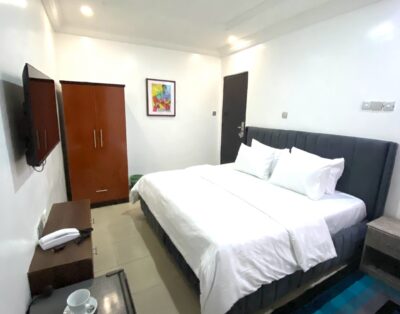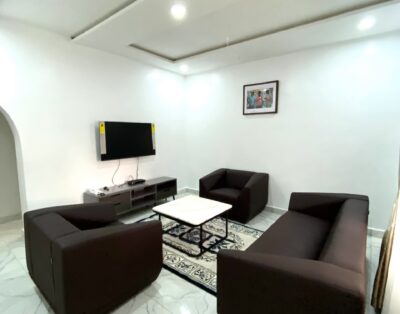Critical Mistakes to Avoid When Buying Your First Home in Nigeria
As real estate professionls with over a decade of experience in the Nigerian property market, we’ve witnessed countless first-time home buyers make costly mistakes that could have been easily avoided. The journey to homeownership in Nigeria comes with unique challenges that differ significantly from what you might find in other countries. Let’s explore these common pitfalls and learn how to navigate around them.
Not Understanding Land Documentation
One of the most critical errors we’ve seen first-time buyers make is rushing into purchases without properly verifying land documentation. In Nigeria, the Certificate of Occupancy (C of O) is the most important document you need. Many buyers accept “survey plans” or “building permits” as sufficient proof of ownership, only to face legal battles later. Always ensure you have:
– A genuine Certificate of Occupancy
– Proper documentation of any previous transfers of ownership
– Governor’s Consent for property transfers in states like Lagos
– An authentic survey plan from a registered surveyor
Ignoring Location-Specific Challenges
The excitement of finding an affordable property often blinds first-time buyers to location-specific issues. In major cities like Lagos, Abuja, and Port Harcourt, we’ve seen buyers regret their choices after discovering:
Seasonal flooding during heavy rains because they bought during the dry season
Poor road networks that make commuting a nightmare
Lack of essential utilities like water and electricity
Community development charges they hadn’t budgeted for
Take time to visit the property during different times of the day and different seasons. Talk to neighbors about the area’s challenges.
Underestimating Total Costs
The property price is just the beginning. Many first-time buyers in Nigeria fail to account for additional costs such as:
Legal fees (typically 5-10% of the property value)
Agency fees (usually 5-10%)
Stamp duty and registration fees
Renovation or repair costs
Development levies in new estates
“Community fees” in established neighborhoods
Create a comprehensive budget that includes all these costs before making an offer.
Falling for “Too Good to Be True” Deals
In my experience, many first-time buyers in Nigeria fall victim to fraudulent schemes, especially in rapidly developing areas. Be wary of:
- Properties sold significantly below market value
- Agents who pressure you to pay quickly without proper documentation
- Sellers who can’t provide clear proof of ownership
- “Special deals” that require immediate cash payments
Always work with registered real estate professionals and conduct thorough due diligence.
Skipping Professional Inspection
The “I know what I’m looking at” mindset has cost many Nigerian buyers dearly. Professional property inspection is not yet common practice in Nigeria, but it’s crucial. A professional can identify:
- Structural issues that may not be visible to untrained eyes
- Electrical systems that need complete overhaul
- Plumbing problems that could cost millions to fix
- Potential foundation issues common in areas with poor soil quality
The cost of inspection is minimal compared to potential repair costs down the line.
Not Researching the Developer’s Track Record
For those buying into new developments, failing to research the developer’s history is a costly mistake. I’ve seen numerous cases where buyers lost money to developers who:
- Abandoned projects midway
- Delivered poor quality construction
- Failed to provide promised infrastructure
- Had multiple legal disputes with previous clients
Research thoroughly, visit completed projects, and speak with previous buyers before committing.
Rushing the Process
The fear of losing out on a “good deal” often pushes first-time buyers to make hasty decisions. The Nigerian real estate market can be competitive, but rushing leads to mistakes. Take time to:
- Save for a larger down payment
- Research multiple areas and properties
- Build relationships with reliable agents and lawyers
- Understand the full scope of ownership responsibilities
Conclusion
Buying your first home in Nigeria is a significant achievement, but it requires careful planning and due diligence. These mistakes are common but entirely avoidable with proper guidance and patience. Remember, it’s better to take time making the right decision than to rush into a lifetime of regret.
Have you encountered any of these challenges in your home-buying journey? Share your experiences in the comments below, and let’s learn from each other.
Think Satisfaction, Think EEON






this post reminds me when a friend bought a house and didnt collect all complete papers, it was later found the house was also sold to different people too.